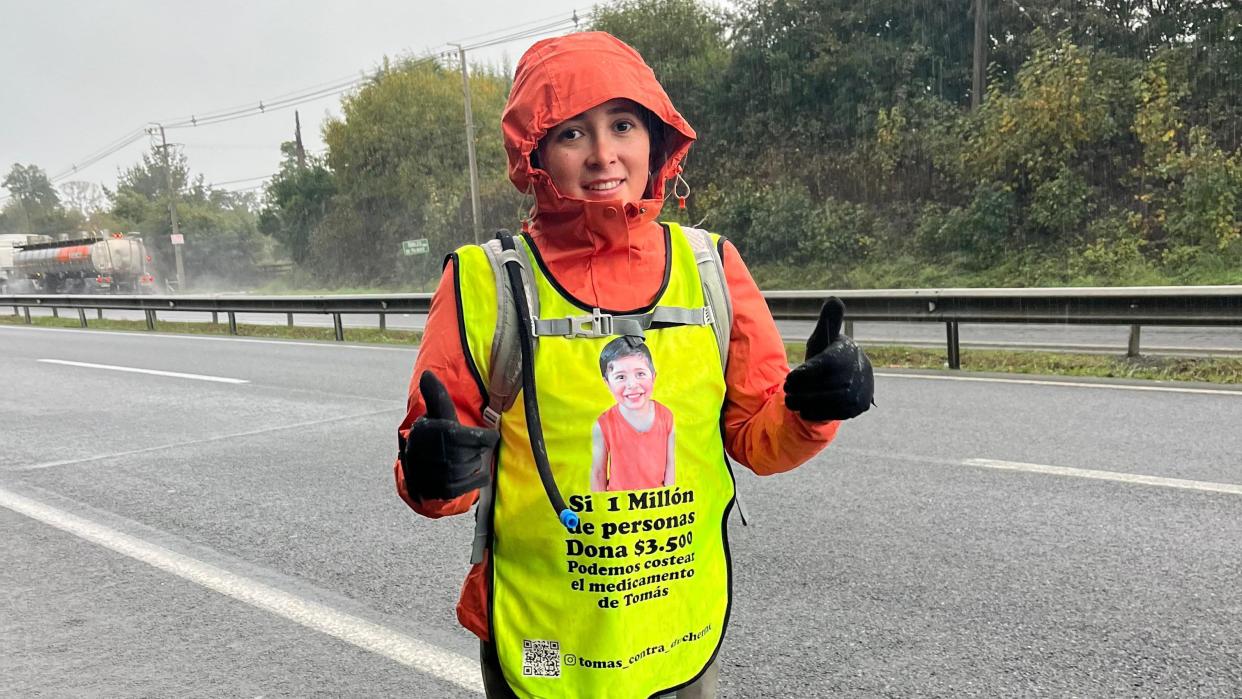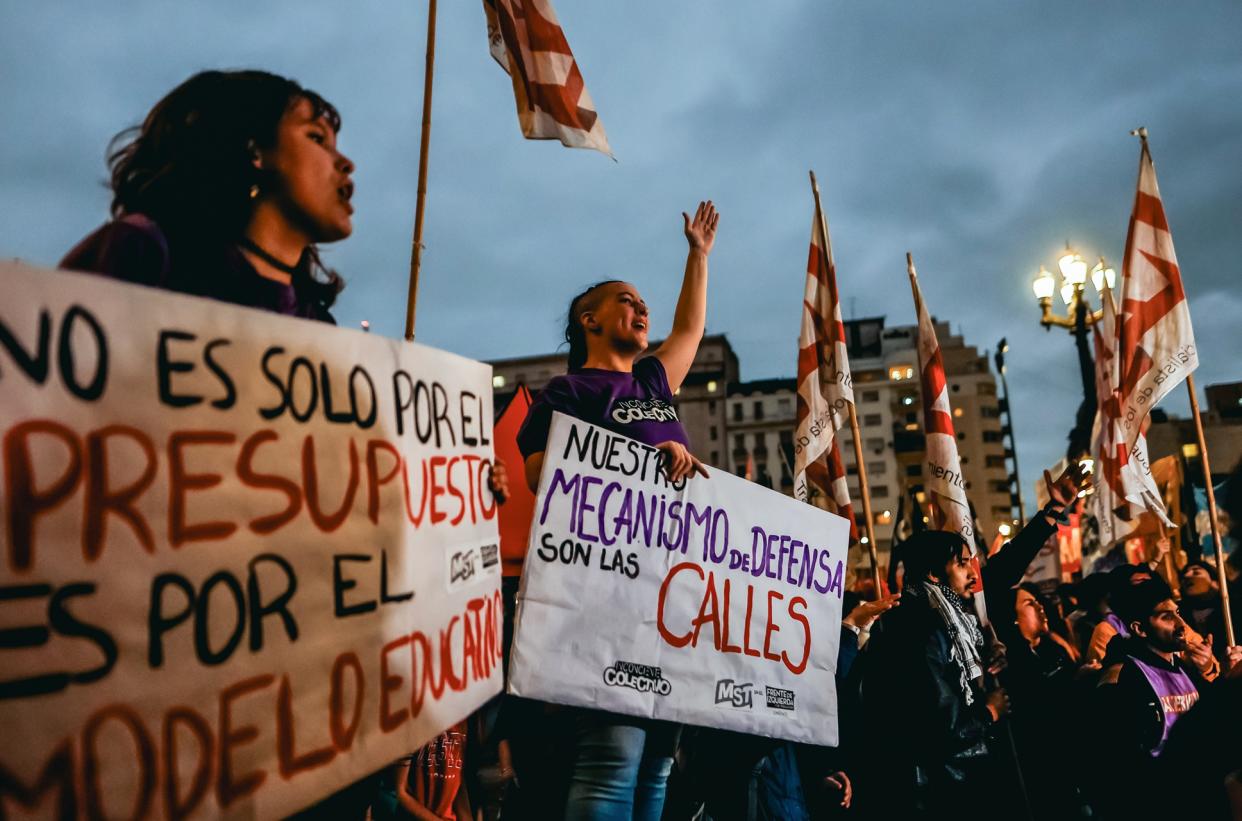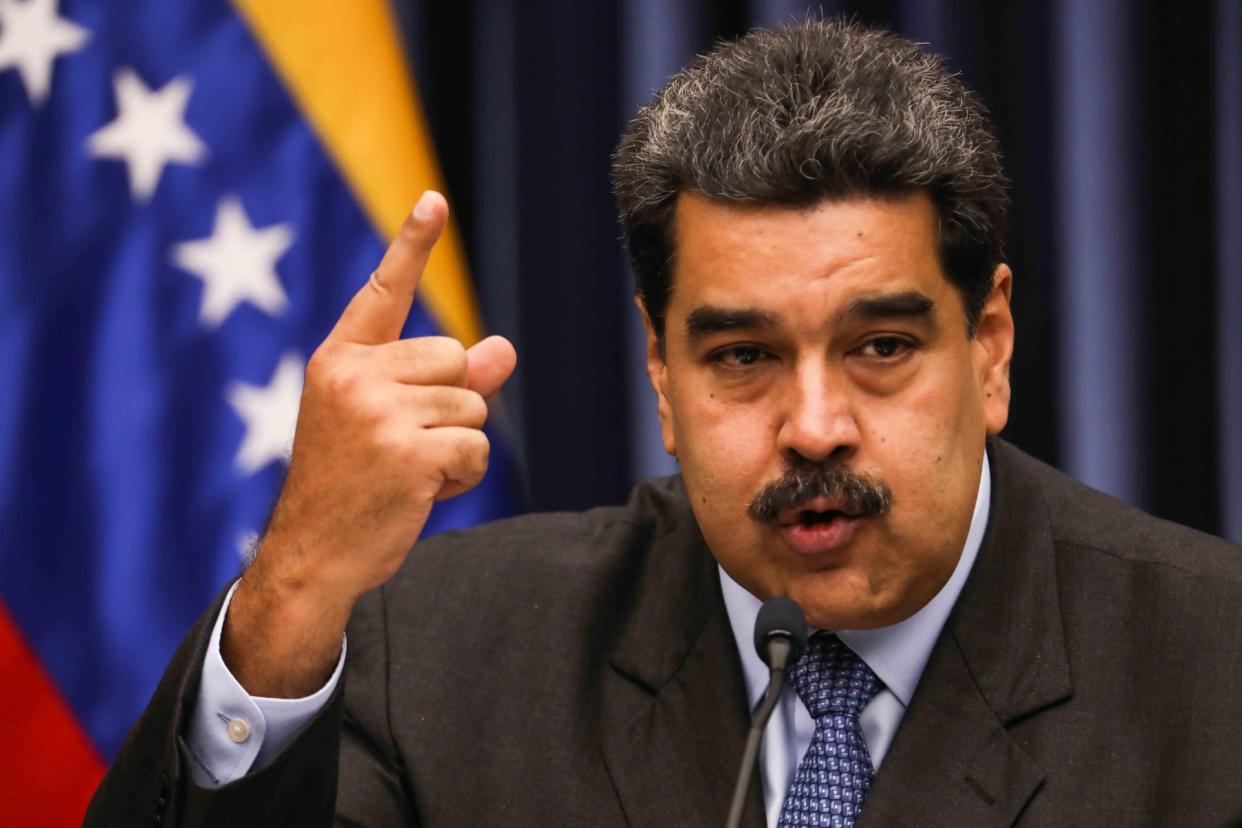International
New launch attempt Saturday for NASA’s Moon rocket

International
The mother who decided to walk 1,300 kilometers in Chile to get an expensive medicine and save her son from a serious illness
International
Commissions of the Argentine Senate resume debate on key law for Javier Milei
International
Former presidents condemn Maduro’s “disrespect” of asylum for opponents in Venezuela
-
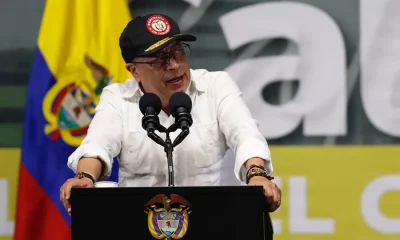
 International3 days ago
International3 days agoPetro calls former President Duque a “terrorist” for the “murder” of young people in protests
-

 International2 days ago
International2 days agoFirst recipient of genetically modified pig kidney dies two months post-transplant
-
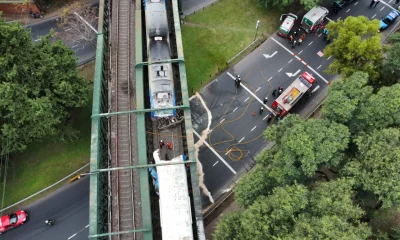
 International2 days ago
International2 days ago14 of the injured left by a train crash in Buenos Aires are still interned
-
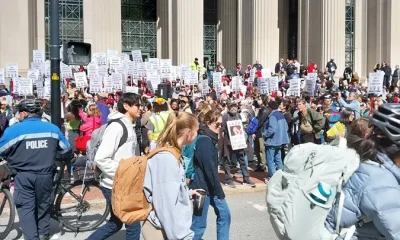
 International3 days ago
International3 days agoMIT students protest again despite reprisals from the center and Biden’s accusation
-

 International3 days ago
International3 days agoAn aurora borealis is visible tonight from much of Spain
-
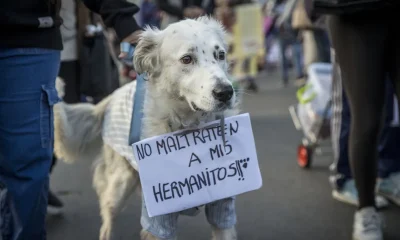
 International3 days ago
International3 days ago‘No to animal abuse’, the clamor of a march of dogs and humans in Bolivia
-
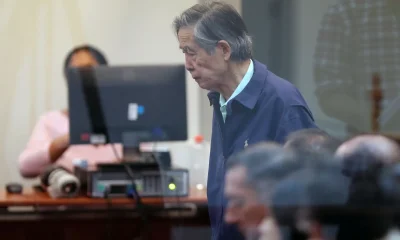
 International3 days ago
International3 days agoFormer Peruvian President Alberto Fujimori, diagnosed with a new malignant tumor
-

 International1 day ago
International1 day agoDonald Trump faces former lawyer in court over Stormy Daniels payments
-
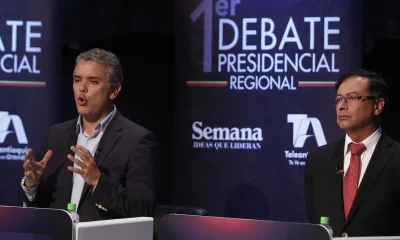
 International2 days ago
International2 days agoDuque sees “despair” and “insecurity” in Petro’s attitude and proposes a “democratic debate”
-
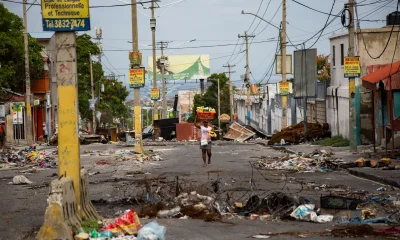
 International2 days ago
International2 days agoHaitian armed gangs mobilize before the arrival of the multinational force
-
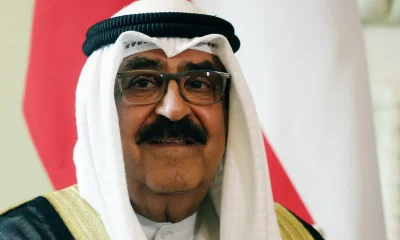
 International3 days ago
International3 days agoThe Emir of Kuwait dissolves Parliament and suspends some clauses of the Constitution
-
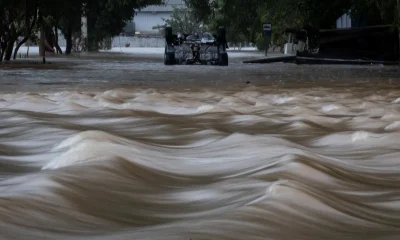
 International2 days ago
International2 days agoDeath toll from storms in southern Brazil rise to 137
-
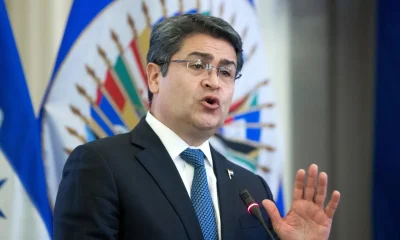
 Sin categoría4 days ago
Sin categoría4 days agoThey reject the request of former Honduran president Juan Orlando Hernández for a new trial in New York
-
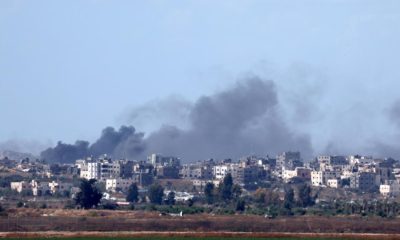
 International8 hours ago
International8 hours agoThe UN confirms that a worker died in Gaza from a projectile that hit his vehicle
-
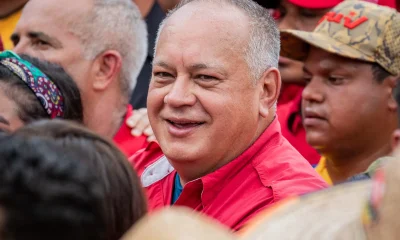
 International4 days ago
International4 days agoColombian Foreign Minister on the accusation of Diosdado Cabello: To foolish words, deaf ears
-
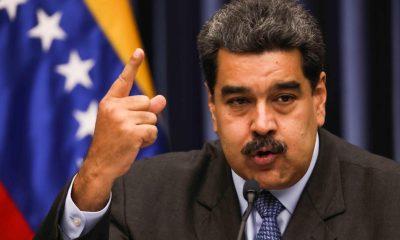
 International8 hours ago
International8 hours agoFormer presidents condemn Maduro’s “disrespect” of asylum for opponents in Venezuela
-

 International4 days ago
International4 days agoTrump criticizes pro-Biden Jews: “If you vote for him, be ashamed”
-

 International4 days ago
International4 days agoBrian Wilson, of The Beach Boys, is under the tutelage of his manager because of his dementia
-
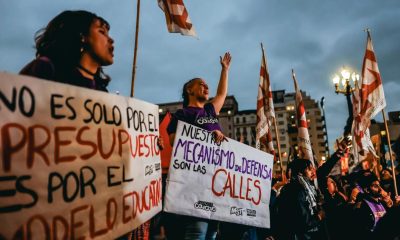
 International8 hours ago
International8 hours agoCommissions of the Argentine Senate resume debate on key law for Javier Milei
-
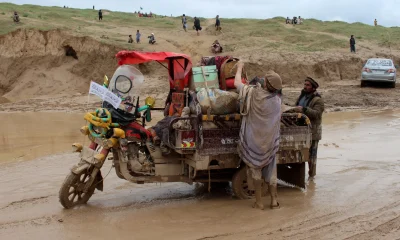
 International2 days ago
International2 days agoThe UN says it works with the de facto Afghan Government to assist in floods
-
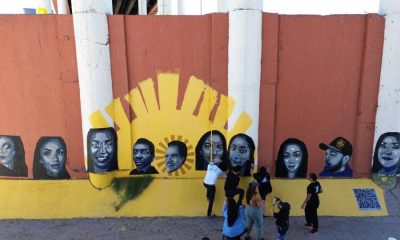
 International8 hours ago
International8 hours agoA Mexican-American artist denounces the deportations with a mural on the border
-
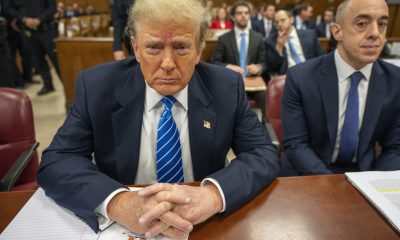
 International8 hours ago
International8 hours agoTrump, portrayed by his former lawyer: Fixation for silencing porn actress and reluctant to pay
-
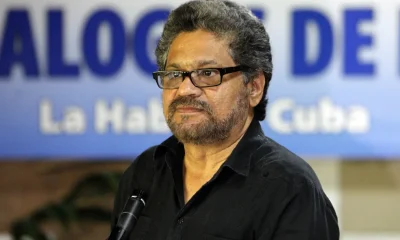
 International2 days ago
International2 days agoThe FARC dissident ‘Iván Márquez’ reappears in a video after being presumed dead
-
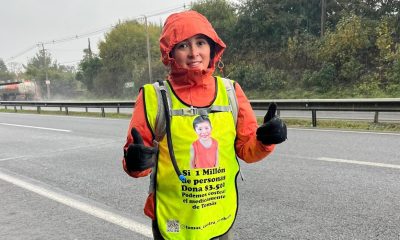
 International8 hours ago
International8 hours agoThe mother who decided to walk 1,300 kilometers in Chile to get an expensive medicine and save her son from a serious illness
-
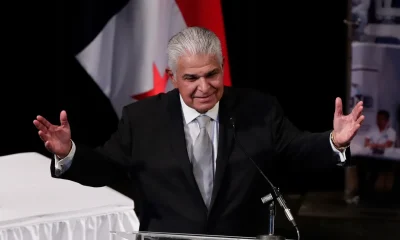
 International4 days ago
International4 days agoThe president-elect of Panama, José Raúl Mulino, promises repatriation of migrants crossing the Darién




















